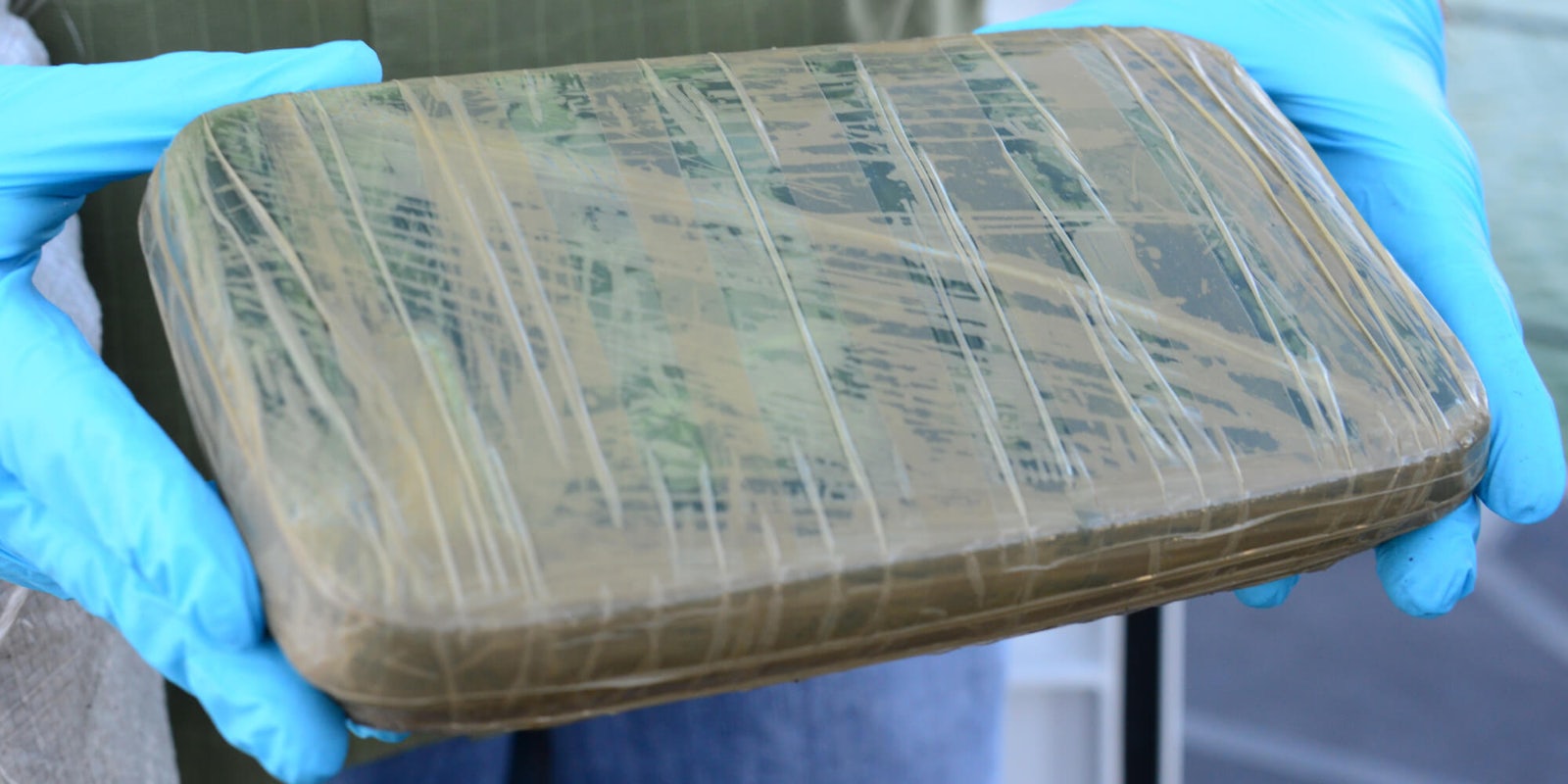Police departments across the country have shared misinformation regarding coronavirus, saying that the disease may have contaminated supplies of methamphetamines, in hopes that people will turn in their drugs, according to a report from BuzzFeed News.
Some of it may have been as a joke, but according to BuzzFeed News, the information was shared by people who believed it to be true.
The Washington Post reports that the hoax warnings also included an offer for them to test it. One police department, in Merrill, Wisconsin, posted theirs to Facebook.
“WARNING: If you have recently purchased Meth, it may be contaminated with the Corona Virus,” the Merrill Police Department wrote in a post on Wednesday. “If you’re not comfortable going into an office setting, please request any officer and they’ll test your Meth in the privacy of your home. Please spread the word! We are here for you!”
The police department later updated their post to say that it sparked a complex response from the community, citing past examples of substance abuse that made them feel like this wouldn’t be so far-fetched.
However, the spread of the false information isn’t limited to just police. Several journalists, small local news stations, and even an Army substance abuse program have shared the hoax, according to BuzzFeed News.
COVID-19, the disease which is caused by the coronavirus, has killed over 2,800 people worldwide. The majority of these cases have been in China, but the spread of misinformation online has caused what the World Health Organization is calling an “infodemic.”
False claims, such as the police’s coronavirus contaminating drug supplies, have made it harder to spread information backed by science. According to the BBC, the WHO is “urging tech companies to take tougher action” to suss out fake news about the coronavirus.
But the fake claims aren’t the only thing the WHO is worried about. When using the disease as a query on Google, vitamin C shows up with results describing it as a cure. It’s not. Other false cures include shaving facial hair and the use of respirators, according to NBC News.
According to a separate report from the BBC, Amazon is pulling products from its website after hundreds of listings including the word “coronavirus” in their description popped up. Product results for “coronavirus” queries included overpriced face masks, vitamin C “boosters,” and new e-books about the virus.
Best practices for preventing the spread of coronavirus are washing your hands, not touching your face, covering coughs, and making sure living areas are clean.
READ MORE:


